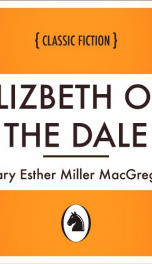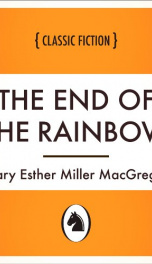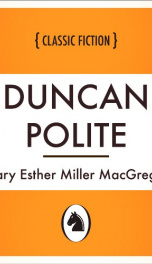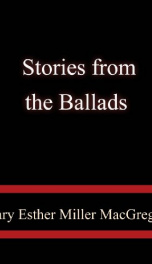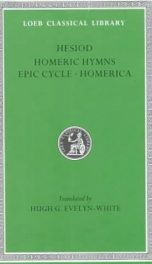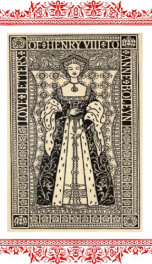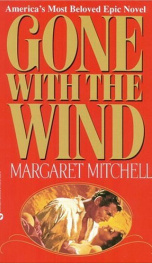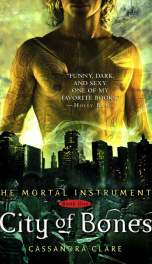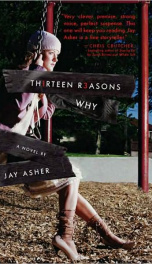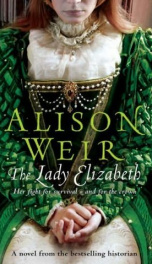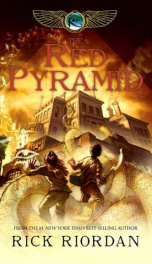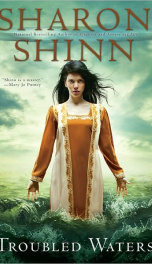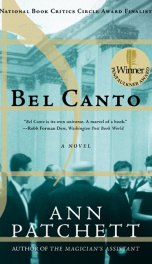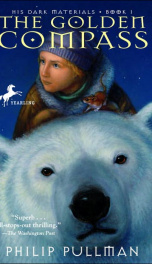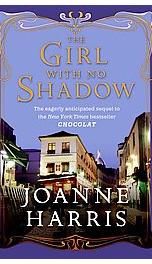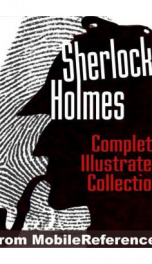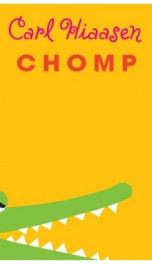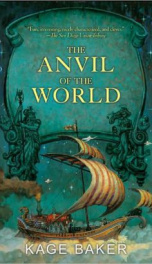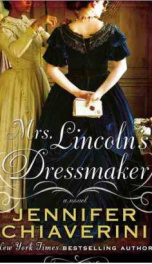MacGregor Mary Esther Miller
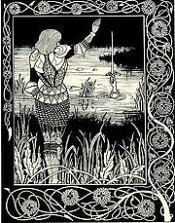
Sir Thomas Malory (c. 1405 – 14 March 1471) was an English writer, the author or compiler of Le Morte d'Arthur. The antiquary John Leland (1506–1552) believed him to be Welsh, but most modern scholarship assumes that he was Sir Thomas Malory of Newbold Revel in Warwickshire. The surname appears in various spellings, including Maillorie, Mallory, Mallery, and Maleore. The name comes from the Old French adjective maleüré (from Latin male auguratus) meaning ill-omened or unfortunate. Few facts are certain in Malory's history. He was probably born sometime around 1405 (though some scholars have suggested an earlier date). He died in March of 1471, less than two years after completing his lengthy book. Twice elected to a seat in Parliament, he also accrued a long list of criminal charges during the 1450s, including burglary, rape, sheep stealing, and attempting to ambush Humphrey Stafford, the Duke of Buckingham. He escaped from jail on two occasions, once by fighting his way out with a variety of weapons and by swimming a moat. Malory was imprisoned at several locations in London, but he was occasionally out on bail. He was never brought to trial for the charges that had been levelled against him, and has been considered by some scholars (including Peter Field) to have been a political prisoner, innocent of any serious offence. In the 1460s he was at least once pardoned by King Henry VI, but more often, he was specifically excluded from pardon by both Henry VI and his rival and successor, Edward IV. It can be construed from comments Malory makes at the ends of sections of his narrative that he composed at least part of his work while in prison. William Oldys speculates that he may have been a priest,[1] based on Malory's description of himself in the colophon to Le Morte d'Arthur: I pray you all, gentlemen and gentlewomen that readeth this book of Arthur and his knights, from the beginning to the ending, pray for me while I am alive, that God send me good deliverance, and when I am dead, I pray you all pray for my soul. For this book was ended the ninth year of the reign of King Edward the Fourth, by Sir Thomas Maleore, knight, as Jesu help him for His great might, as he is the servant of Jesu both day and night. (Malory p. 531) A young Malory appears as a character at the end of T.H. White's book The Once and Future King, which was based on Le Morte d'Arthur; this cameo is included in the Broadway musical Camelot. Many modern takes on the Arthurian legend have their roots in Malory, including John Boorman's 1981 movie Excalibur, which includes selected elements of the book. Parts of Malory's book form a key element in Cynthia Harnett's childrens novel "The Load of Unicorn".
do you like this author?
What readers are saying
What do you think? Write your own comment on this book!
write a commentWhat readers are saying
What do you think? Write your own comment on this author!
write a commentBook list

Stories of King Arthur's KnightsTold to the Children by Mary MacGregor
Series:
Unknown
Year:
Unknown
Raiting:
4/5
Show more
add to favoritesadd In favorites
Book list

Stories of King Arthur's KnightsTold to the Children by Mary MacGregor
Series:
Unknown
Year:
Unknown
Raiting:
4/5
Show more
add to favoritesadd In favorites

Treasure Valley
Series:
Unknown
Year:
Unknown
Raiting:
4/5
Purchase of this book includes free trial access to www.million-books.com where you can read more than a million books for free. This is an OCR edition with typos. Excerpt from book: CHAPTER III HIS FIRST PATIENT Oh, the dainty, dainty maid to the borders of the brook Lingered down as lightly as the breeze; And the shy water-spiders quit their scurrying to look; And the happy water whispered to the trees. C. G. D. Robekts. DR. GILBERT ALLEN, gold-medalist of the Toronto School of Medicine, and just home from a post-graduate course in London and Edinburgh, had his coat off, his sleeves rolled up, and was busy arranging bottles on the shelf of his tiny dispensary. He was whistling cheerily- It was young Dr. Allen's nature to be cheerful even under adverse circumstances, and this morning all his prospects were bright. For after years of spending moneyand largely another man's money, toohe was at last on his feet. His college life had been a very happy one, it is true; so, also, had been the years since his graduation, the first two spent as house surgeon in a Toronto hospital, theHIS FIRST PATIENT last, and best of all, in the Old Land. They had given him breadth and experience; but though Gilbert was willing to concede that experience teaches, he was equally assured that she does not pay bills. Now he was a free man, and master of his profession. He used the last phrase modestly; he was ready and anxious to make the mastery more complete, and at the same time to win a name for himself and a home and a fortune for Rosalie. As he stacked the bottles noisily in their places he glanced around the little room, and wished he might turn a handspring, just to let off steam and be able to write to Harwood and the other fellows to say his office was big enough to admit of the feat. He wisely crushed the desire, for he recognized the fact that he was under surveillance. Just outside the windows stretched a little lawn, with a star-shaped flow...
Show more
add to favoritesadd In favorites
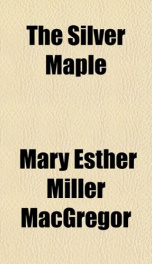
The Silver Maple
Series:
Unknown
Year:
Unknown
Raiting:
3.5/5
Purchase of this book includes free trial access to www.million-books.com where you can read more than a million books for free. This is an OCR edition with typos. Excerpt from book: m WINNING HIS SPURS The Saxon force, the Celtic fire, These are thy manhood's heritage! C. G. D. Robebts. OLD IAN MCALLISTER, schoolmaster of Section Number Nine, Oro, was calling his flock into the educational fold. It was no clarion ring that summoned the youths from the forest, for the times were early and a settlement might be proud to possess a school, without going to the extremity of such foolishness as a bell, and Number Nine was not extravagant. But the schoolmaster's ingenuity had improvised a very good substitute. He stood in the doorway, hammering upon the doorpost with a long, flexible ruler, and making a peremptory clatter that echoed far away into the arches of the forest and hastened the steps of any tardy youths approaching from its depths. Good cause they had to be expeditious, too, for well they knew, did they linger, the master would be apt to resume the bastinado upon their belated persons when theydid arrive. This original method had other advantages, from the schoolmaster's point of view, for, as his pupils crowded past him through the narrow doorway, he had many a fine opportunity to transfer occasional whacks to the heads of such boys, and girls, too, as he felt would need the admonition before the day was over, and who could not manage to dodge him. So those approaching the school, even before they came within sight of the place, could reckon exactly the state of the master's temper, and the number of victims sacrificed thereto, by the intermittent sounds of the summoning stick. Indeed, Number Nine possessed an almost superhuman knowledge of their master's mental workings. When he was fiercest then they were most hopeful; for they knew that, like other active volcanoes, having once indulged in a terrible eruption he was not likely to break f...
Show more
add to favoritesadd In favorites

The Black-Bearded Barbarian : The life of George Leslie Mackay of Formosa
Series:
Unknown
Year:
Unknown
Raiting:
4.5/5
This book was converted from its physical edition to the digital format by a community of volunteers. You may find it for free on the web. Purchase of the Kindle edition includes wireless delivery.
Show more
add to favoritesadd In favorites
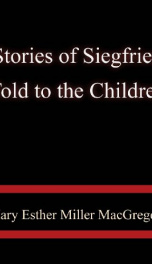
Stories of Siegfried
Series:
Unknown
Year:
Unknown
Raiting:
1/5
Stories of Siegfried is a series of stories that belong to the pen of Mary Esther Miller MacGregor. The central character of the stories is Sigfried who is a legendary figure who comes from an ancient German poem. All the stories are full with dwarves and other creatures which the main character meets. Sigfried wins the Rhineland treasure, marries Kriemhild, and comes to an untimely end, passing the curse of the Rhinegold on to his enemies. Although the legend is pretty short, it is truly fascinating and carrying away. It introduces its readers into a wonderful adventures and fairy tales. The book is definitely recommended for children of eight years and older as well as for their parent who will read the story to their children aloud.
Show more
add to favoritesadd In favorites
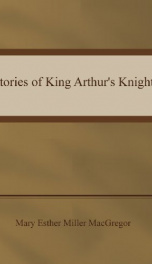
Stories of King Arthur's Knights
Series:
Unknown
Year:
Unknown
Raiting:
3/5
Queen Guinevere lay idly in bed dreaming beautiful dreams. Thesunny morning hours were slipping away, but she was so happy indreamland, that she did not remember that her little maid hadcalled her long ago.But the Queen's dreams came to an end at last, and all at once sheremembered that this was the morning she had promised to go to thehunt with King Arthur.Even in the hunting-field, the King was not quite happy if hisbeautiful Queen Guinevere were not there. This morning he hadwaited for her in vain, for in dreamland the Queen had forgottenall about the hunt.'If I dress quickly, I shall not be very late,' thought the Queen,as she heard the far-off sound of the hunting-horn. And she was soquick that in a very short time she and her little waiting-maidwere out, and riding up to a grassy knoll. But the huntsmen werealready far away. 'We will wait here to see them ride homewards,'said the Queen, and they drew up their horses to watch and listen.They had not waited long, when they heard the sound of horse'shoofs, and turning round, the Queen saw Prince Geraint, one ofArthur's knights. He was unarmed, except that his sword hung at hisside. He wore a suit of silk, with a purple sash round his waist,and at each end of the sash was a golden apple, which sparkled inthe sunlight.'You are late for the hunt, Prince Geraint,' said the Queen.'Like you, I have come, not to join the hunt, but to see it pass,'said the Prince, bowing low to the beautiful Queen. And he asked tobe allowed to wait with her and the little maid.As they waited, three people, a lady, a knight and a dwarf, cameout of the forest, and rode slowly past. The knight had his helmetoff, and the Queen saw that he looked young and bold.'I cannot remember if he is one of Arthur's knights. I must knowhis name,' she said. And she sent her little maid to find out whothe strange knight was.But when the little maid asked the dwarf his master's name, thedwarf answered rudely that he would not tell her.'Then I will ask your master himself,' said the maid. But as shestepped towards the knight, the dwarf struck her with his whip, andthe little maid, half-angry and half-frightened, hurried back tothe Queen, and told her how the dwarf had treated her.Prince Geraint was angry when he heard how rude the dwarf had beento the Queen's little messenger, and said that he would go and findout the knight's name.But the dwarf, by his master's orders, treated the Prince as rudelyas he had treated the little maid. When Geraint felt the dwarf'swhip strike his cheek, and saw the blood dropping on to his purplesash, he felt for the sword at his side. Then he remembered thatwhile he was tall and strong, the dwarf was small and weak, and hescorned to touch him.Going back to the Queen, Geraint told her that he had not been ableto find out the knight's name either, 'but with your leave, I willfollow him to his home, and compel him to ask your pardon,' saidthe Prince. And the Queen allowed him to follow the knight.'When you come back, you will perhaps bring a bride with you,' saidthe Queen. 'If she be a great lady, or if she be only abeggar-maid, I will dress her in beautiful robes, and she shallstand among the fairest ladies of my court.''In three days I shall come back, if I am not slain in battle withthe knight,' said Geraint. And he rode away, a little sorry not tohear the merry sound of the hunter's horn, and a little vexed thathe had undertaken this strange adventure.Through valleys and over hills Geraint followed the lady, theknight and the dwarf, till at last, in the evening, he saw them gothrough the narrow streets of a little town, and reach a whitefortress. Into this fortress the lady, the knight and the dwarfdisappeared.
Show more
add to favoritesadd In favorites
What readers are saying
What do you think? Write your own comment on this author!
write a commentif you like MacGregor Mary Esther Miller try:
readers also enjoyed
What readers are saying
What do you think? Write your own comment on this author!
write a commentGenre
if you like MacGregor Mary Esther Miller try:
readers also enjoyed
Do you want to exchange books? It’s EASY!
Get registered and find other users who want to give their favourite books to good hands!
